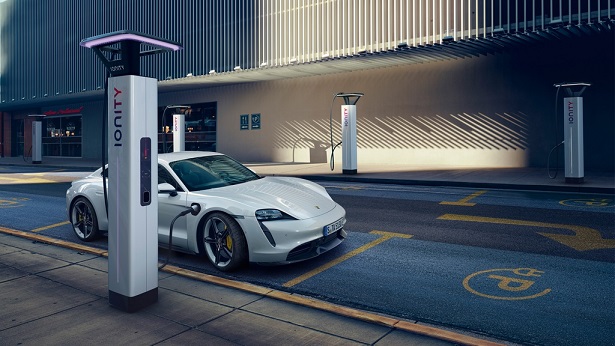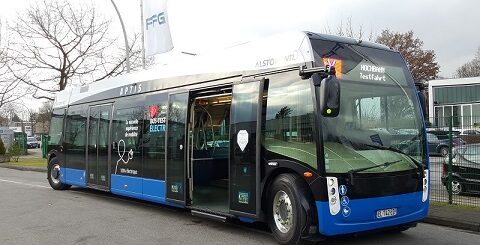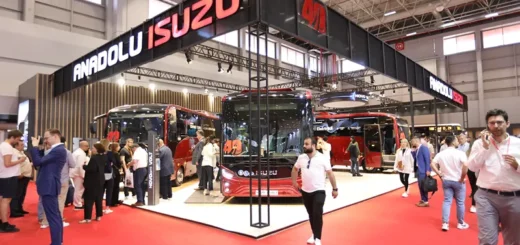Energy Efficiency of Battery-Electric, Hydrogen, ICE Compared
The superiority of Battery-Electric Vehicles (BEVs) is obvious, only if renewable electricity is considered for charging.
Transport and Environment, one of Europe´s premier NGO batting for cleaner transport, has come up with an infographic comparison of three automotive powertrain technologies in terms of energy efficiency from production through use. This includes pure electrics, hydrogen fuel cell, and conventional internal combustion engines. For charging electric vehicles and FCVs, electricity generated out of renewable sources is considered for the sake of this study.
Also Read: Toyota Claims Impressive Advancement in Li-on Battery Technology
The analysis reveals that the BEVs are 73 percent energy efficient overall, meaning that the all-electric vehicles loose 27 percent of the net energy across the energy flow from battery to wheels. The hydrogen fuel cells, on the other hand, are only 22 percent efficient, resulting in loss of net energy three times that of BEVs. Almost 50 percent of energy loss happens in the H2 to electricity conversion, says the study. The internal combustion engine is rated as merely 13 percent energy efficient, revealing that almost all of energy losses happens in the engine scenario itself.
In terms of energy efficiency in fuel production, BEVs are 95 percent effective, while the Hydrogen production is 52 percent and conventional liquid fuel 44 percent efficient. Hydrogen involves a 26 percent energy loss in transport, storage and distribution stage, reveals the study.
Also Read: Toyota Mirai: Exceptional Technology Behind Curvy Design
The important catch of this study is that BEVs boast obvious energy advantage in its entire operations, as reflected in the mass-electrification of mobility catching up across the globe. But, the point is that unless until electricity for charging is produced from renewable sources, this superior benefit of battery-electric technology cannot be fully realised. The primary energy has to be created cleanly without any emissions and depletion of fossil fuels, so as to make the entire energy chain clean and energy efficient.
In case of countries like India, where a major chunk of electricity production is still dependent of coal-sourced thermal power, this benefit of BEVs gets nullified. Electric cars and buses cannot remain purely `emission-free´ unless until its primary energy source is cleanly generated.
Next, would you like to read more on Electric Vehicles, or Hydrogen Fuel Cell?










